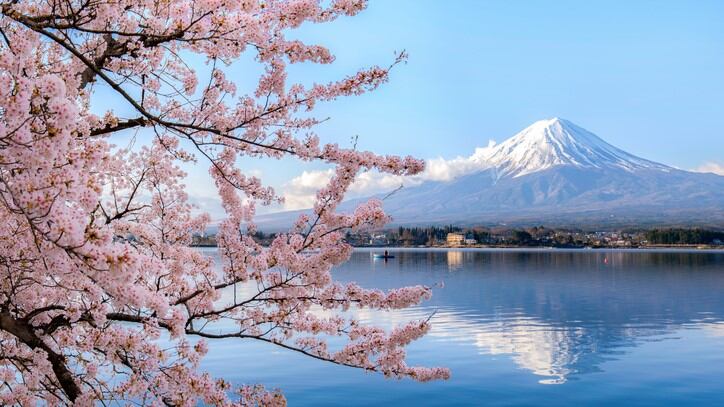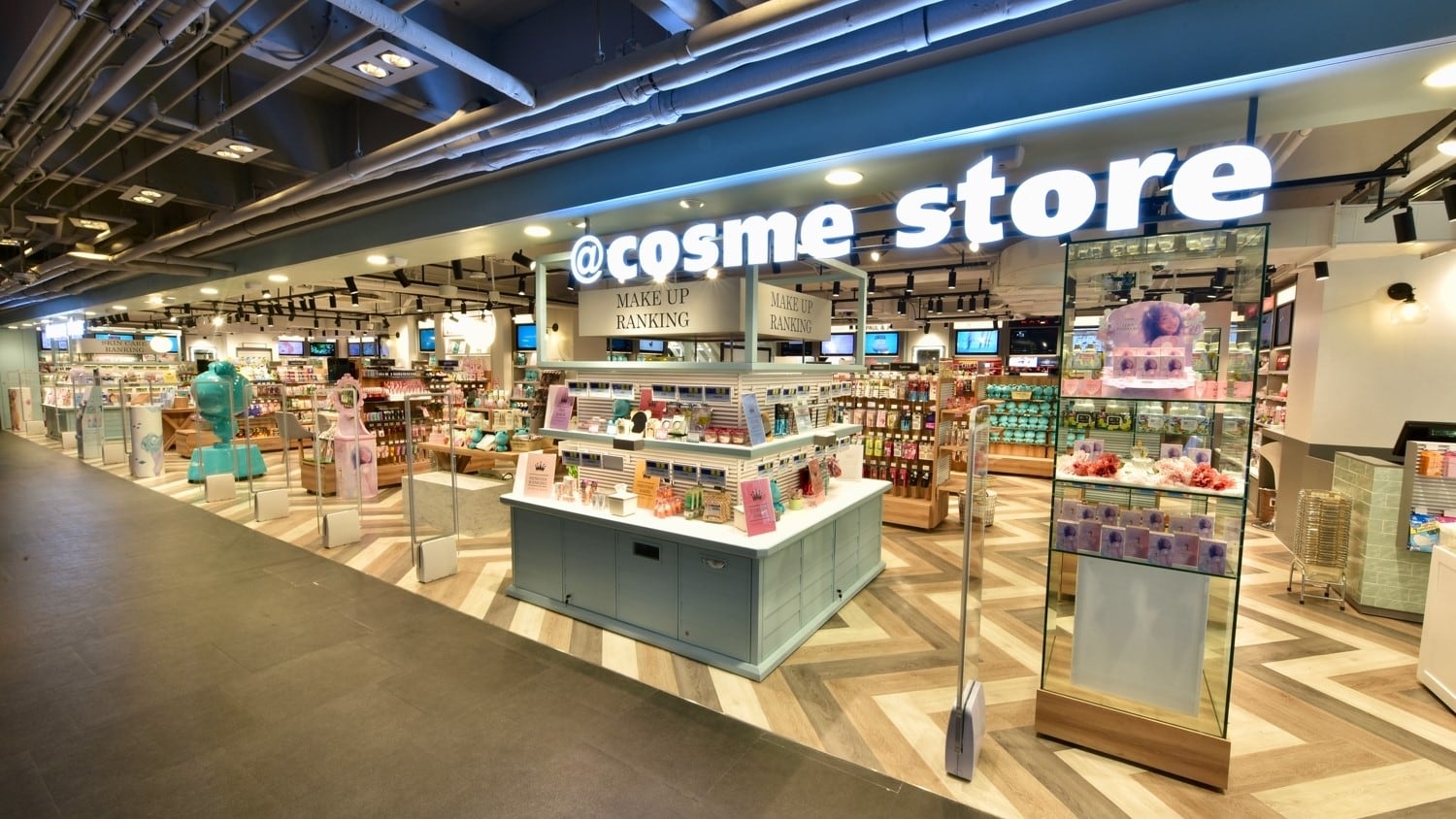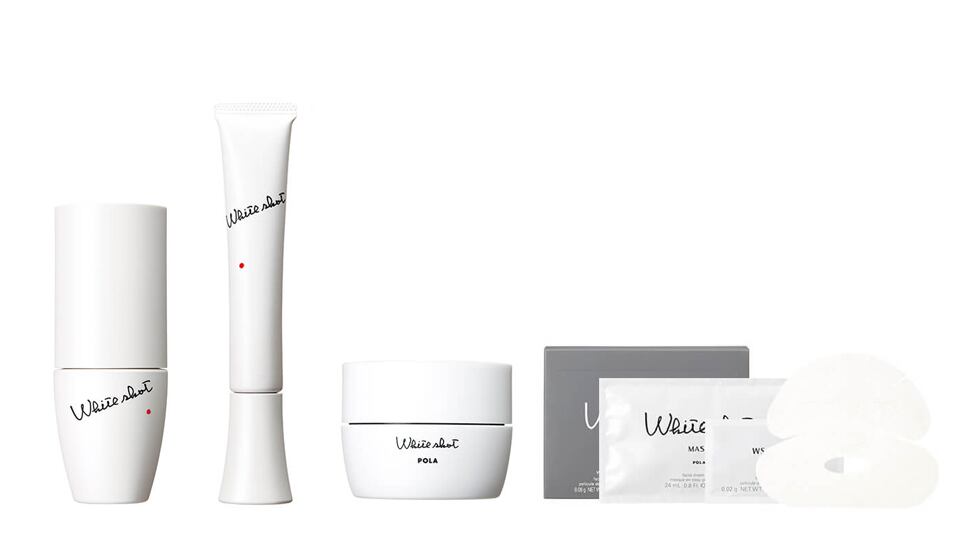1 – Shiseido’s supply chain struggle: CEO estimates product shortages led to $450m sales loss
Shiseido president and CEO Masahiko Uotani has revealed the firm lost around ¥40bn ($363m) to ¥50bn ($450m) in sales due to product shortages.
This was blamed on a combination of strong and natural disasters.
“I assume that there was around ¥20bn ($181m) impact in profits, so we would like to make a recovery as quickly as possible,” said Uotani.
Solving the company’s supply chain issues is a priority for Shiseido, he added.
“I want to avoid a situation where future management say that products cannot be offered to consumers because of insufficient production capacity. That is why we want to make enough progress now.”
In order to cope with growing demand, Shiseido will open another cosmetics factory in Kurume City, Fukuoka. Shiseido said it plans to invest ¥40bn ($363m) to ¥50bn ($454m) in the new facility.
2 – Shiseido sees huge potential for its newly developed skin care-make-up hybrid products
Japanese beauty giant Shiseido is hoping to convert non-foundation users with its ‘medicated’ hybrid foundations, and create a whole new market in the process.
The Medicated Care-Hybrid Foundation is a new product meant to provide ‘medicated’ skin care effects to the skin while acting as a foundation.
“We would like to create a new market, by adding new value to our products. This is part of our commitment to enabling unique ‘beauty’ for each consumer by pursuing continuous innovation,” a Shiseido spokeswoman told CosmeticsDesign-Asia.
“Foundation products so far have mainly focused on improving coverage and user experience. Medicated Care-Hybrid Foundation is meant to provide medicated skin care effects for the skin's complexion as well as a beautiful finish," she said.
The company released this new type of product under HAKU and d program, two of its existing brands available in Japan and Asia.
3 – Power of suggestion: Kao study shows positive effects of autogenic therapy on skin
Researchers at Kao Corporation have proposed a new holistic skin care routine after studies suggested autogenic training could affect skin condition.
Kao began the research in 2015, in collaboration with Professor Yosuke Sakairi, deputy president of the Japanese Society of Autogenic Therapy and Japanese Association of Mindfulness.
Autogenic training is a method of mental and physiological training based on the principles of self-hypnosis.
By reciting phrases and becoming passively aware of sensory changes, autogenic training is said to have both psychological and physiological benefits.
A study on the effects of autogenic training on the skin was conducted on 14 post-menopausal female subjects in their forties and fifties.
4 – Microalgae and marine stewardship: Japanese firm first to earn joint seaweed certification
A Japanese microalgae producer is the first in the world to attain certification of the joint Aquaculture and Marine Stewardship Council (ASC-MSC) Seaweed Standard.
euglena Co. produces microalgae products that can be used in cosmetics, biofuel and health food.
The company received the ASC-MSC certification for its microalgae farm on Ishigaki island in Okinawa, Japan, following an audit by an independent third-party Conformity Assessment Body (CAB).
“euglena Co. is extremely pleased to receive the world’s first ASC-MSC Seaweed (Algae) certification. We produce Euglena and Chlorella on Ishigaki Island in Okinawa, an island surrounded by beautiful sea and nature, and we hope many people have the opportunity to benefit from these products,” said Mitsuru Izumo, CEO of euglena.
5 – Sales slump at Jurlique pulls down Pola Orbis performance
Sales of botanical-based skin care brand Jurlique suffered from an 18.7% decrease, affecting the overall performance of Pola Orbis Holdings.
The Japanese cosmetics manufacture of brands such as POLA, Orbis and THREE achieved an increase in both sales and operating income by 1.7% and 1.6% respectively.
The growth was driven by sales of its flagship cosmetics brand POLA, said the company.
According to the Japanese cosmetics manufacturer, Jurlique struggled because of a reduction in sales locations and channel optimisation.
Prompting the firm to announce that it expected to record an extraordinary loss in the fourth quarter.
Pola Orbis said Jurlique incurred an impairment loss of approximately ¥11.3bn ($102m) in the fourth quarter.





